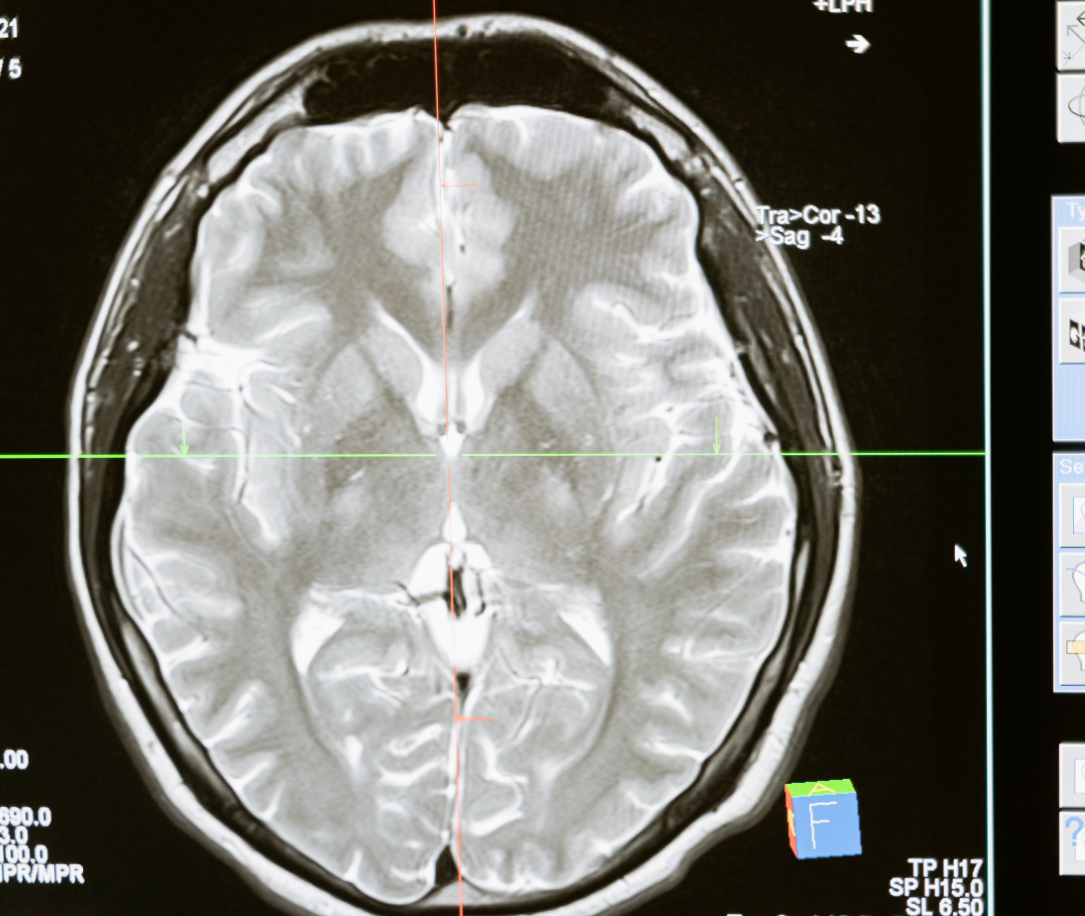ADD/ADHD

ADHD, ADD, AND ATTENTION DEFICIT DISORDER ALL MEAN THE SAME THING.?
It’s a condition that develops within some children in their early childhood years but can continue into adulthood. ADD / ADHD can make it difficult for people to be able to control their behaviour, as well as various other symptoms.
SYMPTOMS:
The principal characteristics of ADD / ADHD are inattention, hyperactivity, and impulsivity.
These symptoms appear early in a child’s life. The impulsive child who acts before thinking may be considered just a “discipline problem,” while the passive or sluggish child may be viewed as merely unmotivated. Yet, both may ADD / ADHD.
Because society has traditionally thought of a person with Attention Deficit Disorder as being “hyper,” many sufferers of ADD / ADHD who have no hyperactivity are not being identified or helped. Individuals with ADD / ADHD without hyperactivity are sometimes thought of as daydreamers or just being absent-minded.
TYPICALLY, SUFFERERS HAVE THE FOLLOWING PROBLEMS:
Following through on instructions
Paying attention appropriately to what they need to attend to
Seem not to listen
Be disorganized
Have poor handwriting
Miss details
Have trouble starting tasks or with tasks that require planning or long-term effort
Appear to be easily distracted or forgetful.
In addition, some people with ADD / ADHD can be fidgety, verbally impulsive, unable to wait their turn, and act on impulse regardless of consequences.
Because many normal children may have these symptoms, but at a low level, or the symptoms may be caused by another disorder, it is important that the child receive a thorough examination and appropriate diagnosis by a well-qualified professional.
Additionally, because of the ability of an individual with ADD / ADHD to over-focus, or “hyper-focus” on something that is of great interest or highly stimulating, many untrained observers assume that this ability to concentrate negates the possibility of Attention Deficit Disorder being a concern. Especially when they see children able to pay attention while working one-on-one with someone, doing something they enjoy, or who can sit and play an electronic game or watch TV for hours on end.
ADD / ADHD TREATMENTS
IMPORTANCE OF EARLY DETECTION & AGGRESSIVE TREATMENT:
Although ADD/ADHD obviously affects the performance of a person in a school setting, it will also affect other domains of life, which can include relationships with others, running a home, keeping track of finances, and organizing, planning, and managing most areas of one’s life.
Left untreated, ADD / ADHD can cause many problems. Children may fall behind in school and clash with parents and peers. Adults may suffer from relationships, career, and financial difficulties.
Treatment can help both children and adults minimize the symptoms of ADD / ADHD, develop effective coping skills, and work through problems at home, work, and school.
THERAPY & TREATMENTS:
There are many effective treatments available that can help people with ADD / ADHD improve their ability to pay attention, control impulsive behavior, and curb hyperactivity.
TREATMENT OPTIONS INCLUDE:
Behaviour Therapy
Social Skills Training
Professional Coaching
Educational Support
Support Groups
Medication
We are specialized to treat ADD / ADHD with Berard AIT and Neurofeedback therapy.
BERARD AIT AS TREATMENT FOR ADD / ADHD:
Berard AIT is one of the few programs that are helpful for the treatment of ADD / ADHD. AIT has been shown to normalize hearing and the way the brain processes information. Often we find that a key element with ADD / ADHD is distractibility due to hypersensitive hearing or other sensory issues. AIT can help normalize the senses so that improvements are seen in focus, attention, and the ability to concentrate more easily, even in noisy environments.
In addition, there are fewer times of feeling “overloaded,” a better ability to have appropriate behaviour, and academics are improved. Once the functions are more normalized, it allows the individual to utilize other therapies or education and training programs more effectively. Once improvements in behaviour and learning begin to occur, we often see improvements in mood and social skills as well.
NEUROFEEDBACK AS TREATMENT FOR ADD / ADHD:
Neurofeedback helps a person learn how to modify brainwave activity to improve attention, reduce impulsivity, and control hyperactive behaviours. Neurofeedback individuals are trained through the use of computerized biofeedback equipment to change their brainwave activity.
Reductions in ADD / ADHD symptoms occur with improvements in school or work performance, social relationships, and self-esteem, as well as a reduction in irritability and oppositional behaviour.